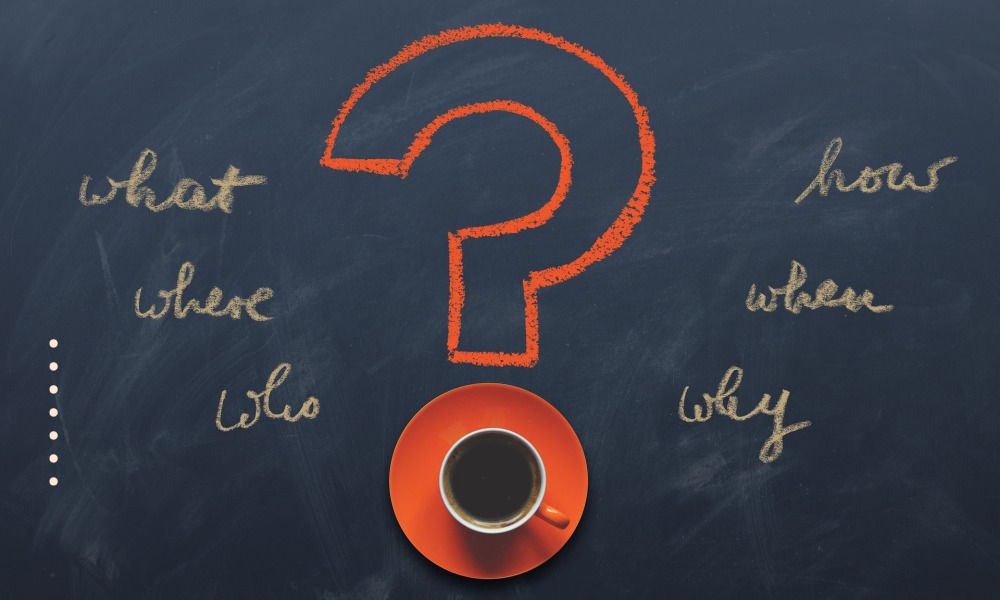
The Socio-Psychological Dynamics of Conspiracy Theories: Is “Q” a Warning Sign for the Future?
The Socio-Psychological Dynamics of Conspiracy Theories: Is “Q” a Warning Sign for the Future?
Factsheet by Erik Hacker
August 2021
Summary
Conspiracy theories have been surging worldwide since the beginning of the COVID-19 pandemic. Not only can they have considerable negative impact on a societal level, they are also capable of disrupting individual lives. Along commonly asked questions, this extended factsheet provides an overview of socio-psychological theories that explain belief in conspiracy theories in general. This framework is then applied to empirical data on the QAnon conspiracy movement in order to illustrate theoretical assumptions. After a brief introduction of the concept of conspiracy mindset and related demographic groups, the focus is on the fulfillment of epistemic, existential and social motives from a multitude of perspectives: media landscapes, communities, ideological structures, addiction, and gamification. The factsheet is concluded with a variety of options for prevention and
mitigation, and a discussion on the implications for the future of society in the context of deep fakes and the post-truth world.
Downloads